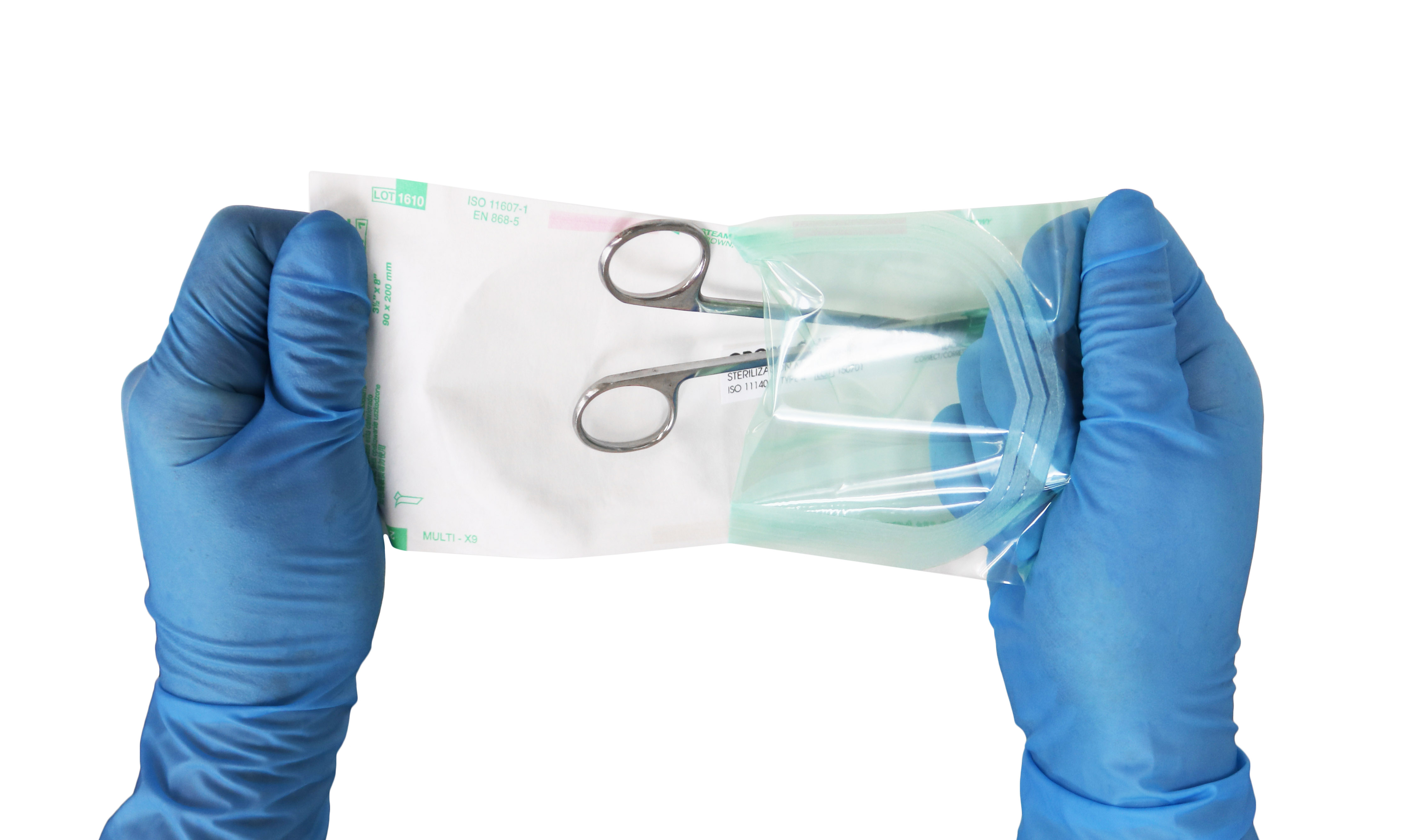A SEAL BY ANY OTHER NAME – ISSUE NO. 214
July 1, 2013
Couple of weeks back, my wife, my in-laws and I traveled to the land of my father-in-law's birth, Pictou County, Nova Scotia. This is a beautiful, pastoral area of the world. It is marked by rolling hills, forests, farmland and most dramatic, a coastline that stretches along the Northumberland Pass that runs between Nova Scotia and Prince Edward Island. Tourism, farming and fishing are the key industries in the area. In the case of fishing, lobster trapping is the most iconic for the area. Lobster season is May and June. As luck would have it, we were there at the tail end of the season and managed to invite ourselves onto an honest to goodness lobster boat.
Let me tell you, these guys (and gals) work hard. For 8 straight weeks, they head out 6 days a week gathering up, harvesting and redepositing the 255 lobster traps they are allowed to have. It is 6 to 8 hours of non-stop physical labor. The traps are heavy. If the seas are rough and the weather stormy, the work is that much more difficult and dangerous.
Lobster trapping is a well regulated industry. As I mention, the number of traps is limited. Also limited are the size of the lobsters that can be harvested. This, of course, makes sense if the industry is to manage the resource for long term viability and prosperity. While watching the guys on our boat working so hard, I noticed that each cage had a tag with a number imprinted on them. "Ahh hah!" I proclaimed, "we sell seals just like that for use on emergency carts and containers in hospitals and EMS vehicles!" It was a version of our Loop-Lok. In the case of the lobster trappers, each seal had their unique identification number which identified that trap as theirs. For our customers, of course, these seals identify that emergency items have not been tampered with. Innovation finds many masters!
HAVE A QUESTION?
WE ARE HERE TO HELP
Have a question about our products? Contact us today to speak directly to a Healthmark team member or shop our catalog now to request a inquiry


